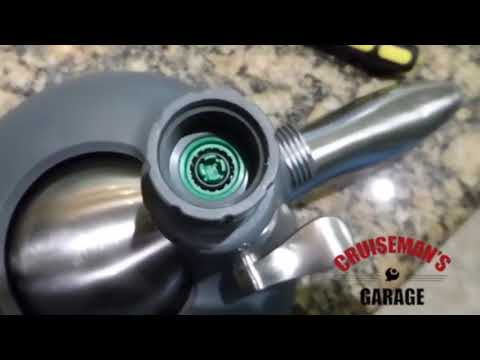MichealKnight
Full time employment: Posting here.
- Joined
- May 2, 2019
- Messages
- 520
So I had a bathroom redone due to flood. Insurance Paid. The shower pressure is now much slower. It's ok - but not lovely and fast like it used to be. The contractor told me that the new valves are that way. He also said he's stop by and take the "water saver" out of the new shower head. BUT since then....
I had another bathroom redone. This time I told them - DON'T change the shower -- I don't want the pressure ruined. So - new bathtub. Despite may saying no changes - they did a new shower head - but the pressure stayed good. Now there's a leak - not a huge one , but drip drip drip.
They are saying the sole way to do it is to open up the new wall -- - replace the old valve inside - because it's an old valve it is leaking.
They are reputable - they are willing to make it right before I make final payment BUT they say - new valve will lower the current water pressure.
QUESTION: Water Pressure is important to me. What is wrong If I just keep the old stuff? It's drip-drip- but nobody hears it. Will it ruin the ceilings and leak etc...can I get away with just leaving it alone?
Thanks
I had another bathroom redone. This time I told them - DON'T change the shower -- I don't want the pressure ruined. So - new bathtub. Despite may saying no changes - they did a new shower head - but the pressure stayed good. Now there's a leak - not a huge one , but drip drip drip.
They are saying the sole way to do it is to open up the new wall -- - replace the old valve inside - because it's an old valve it is leaking.
They are reputable - they are willing to make it right before I make final payment BUT they say - new valve will lower the current water pressure.
QUESTION: Water Pressure is important to me. What is wrong If I just keep the old stuff? It's drip-drip- but nobody hears it. Will it ruin the ceilings and leak etc...can I get away with just leaving it alone?
Thanks




